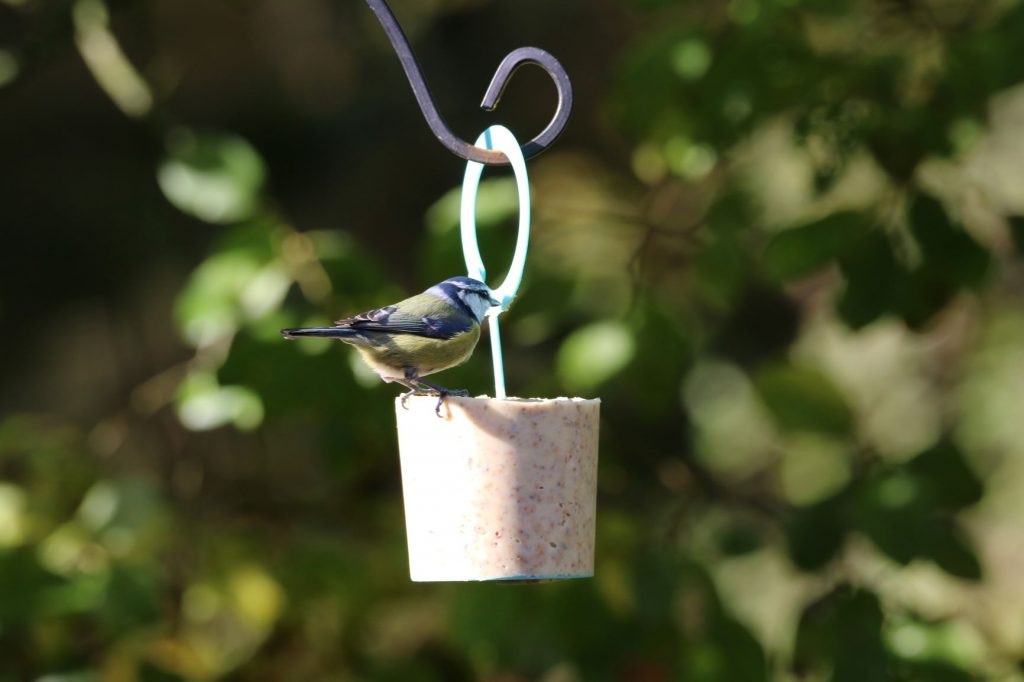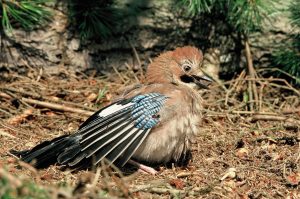The value of suet products
As we head into the much shorter and colder winter days, it’s a timely reminder that we can all help the birds in our gardens get the right food in order that as many as possible are still with us to breed come Spring.
Of course, and as we always say, a key aspect to successful garden bird feeding is a wide mix of foods, provided in different ways, to suit different species. However, within that mix of foods and right now, suet is especially important because it provides such an immediate and easy source of energy for birds from its high fat content. This energy is not only vital for birds for physical activity, but also to keep them warm and especially during long cold nights.
Related to the last point, a further key thing to note is that songbirds do not build up and store fat reserves – so hence why you never see overweight Robins or any other species in your garden, and despite how much they eat. So the food that birds consume each day is used for energy and therefore day-to-day survival. Given this position, the need for an ongoing supply of food is essential.
Suet is especially useful for species of bird that naturally
eat insects and other invertebrates, as during the winter months there’s
obviously less of their natural food available. This is why species such as
great spotted woodpecker and great tit are so easily attracted to suet fat
balls and blocks in hanging feeders. For ground feeding species such as
blackbird, suet pellets on a ground tray or bird table is the best approach. For
more information on how to feed suet and the different species of bird you can
attract by doing so, then head over to this page.
To see our full range of suet products have a look here, and for suitable feeders have a look here.



